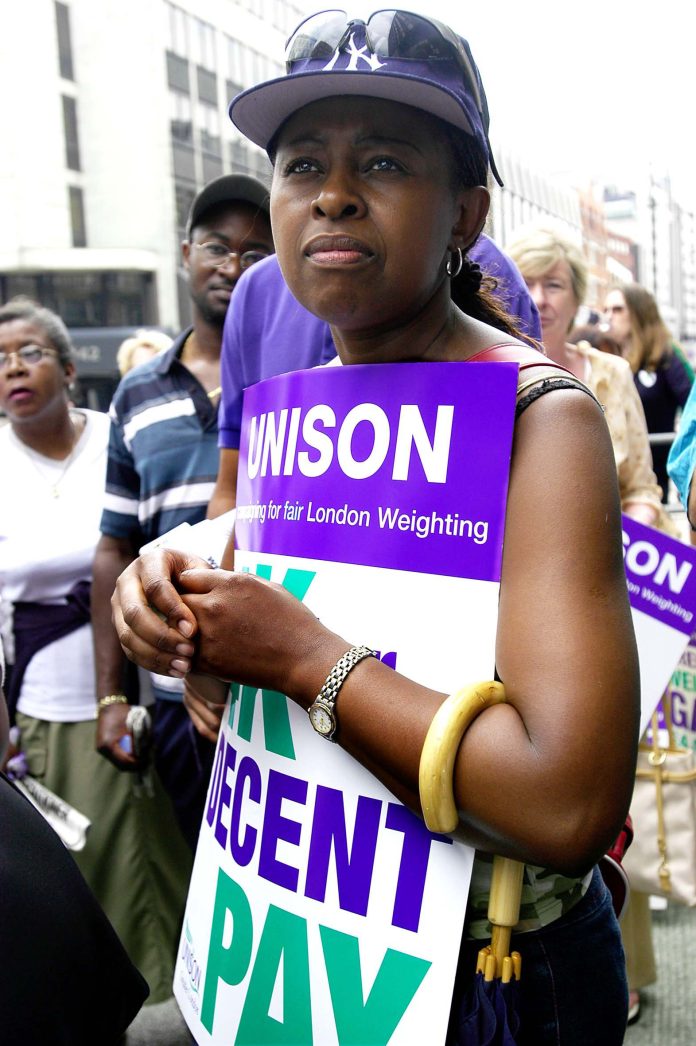April Ashley, Unison NEC member, personal capacity
Unison’s national executive council (NEC) met to discuss its campaign to fight the worst cost-of-living crisis in decades, as the strike wave across the country continues to intensify.
Unison members are furious about low pay as they sink further below the poverty line, and reports of pay campaigns across the different sectors and nations were debated. There are current pay ballots in the energy sector and Food Standards Agency, as well as the Scottish local government strike in the summer, and in higher education.
The NEC discussed details of the upcoming NHS industrial action ballot and the plans to get over the 50% threshold for strike action through a disaggregated ballot. We heard that NHS members were determined to fight, which has led to an increase of 10,000 members and 4,000 ‘pay volunteers’. Members were particularly responsive when pay and conditions were tied to understaffing, as staff are exhausted and under enormous pressure. Industrial action would be coordinated with the other trade unions in the NHS.
The meeting also debated the Truss mini-budget for the rich. The meeting was clear that the Tories would aim to pay for their £60 billion black hole with public sector cuts, and that we are potentially in for another decade of austerity. This was confirmed by Jeremy Hunt, the third new chancellor in as many months, announcing there would be “eye-watering” cuts!
However, although it is clear that local government could once again face swingeing cuts leading to thousands of job losses, there were no plans put forward to build for national industrial action. Local branches could again be left to fight alone.
However, Socialist Party members on the NEC pointed out that the National Education Union are able to ballot for national industrial action on funding cuts, and urged Unison to explore holding a national ballot and to coordinate any action with NEU in schools.
If Unison doesn’t mobilise for national industrial action to fight the second round of austerity, local branches must coordinate action ourselves, by region, or where we can, as members cannot be left to fight alone.







